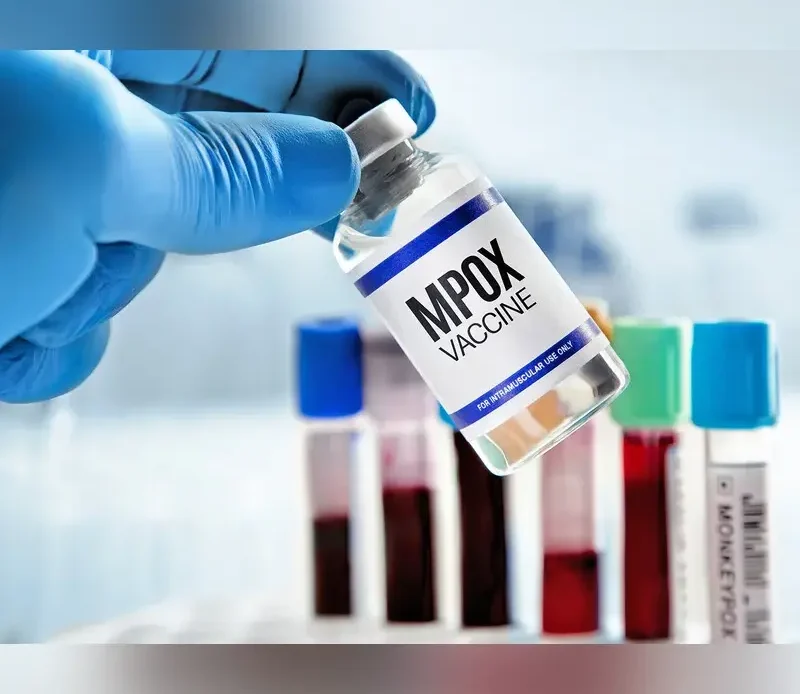The recent surge in Mpox cases has highlighted significant global inequities in vaccine
distribution. Despite the availability of vaccines, many regions, particularly low-income
Countries face severe shortages. This disparity is partly due to uneven vaccine production
and distribution mechanisms. High-income countries have secured substantial vaccine
supplies through advance purchase agreements, leaving less wealthy nations disadvantaged.
Reports indicate that over 50% of vaccines produced are concentrated in just a few
high-income nations, while many low-income countries struggle to access even minimal
doses. The World Health Organization (WHO) has stressed the need for a coordinated
global response to address these inequities. Initiatives like the Global Vaccine Alliance and
the Coalition for Epidemic Preparedness Innovations (CEPI) aim to improve access, but
progress has been slow.
The distribution of Mpox vaccines is further complicated by logistical challenges in affected
regions, including inadequate storage facilities and limited healthcare infrastructure. The
disparity in vaccine access affects immediate disease control and undermines
global health security. As the world faces an increasingly interconnected health landscape,
ensuring equitable vaccine access is crucial.
To address these challenges, experts advocate for increased funding and support for
vaccine distribution networks in low-income countries. Additionally, there is a call for
transparent and fair distribution practices to prevent future inequities. Global health leaders
emphasize that equitable vaccine access is not only a moral obligation but a strategic
necessity to control global health threats effectively.




